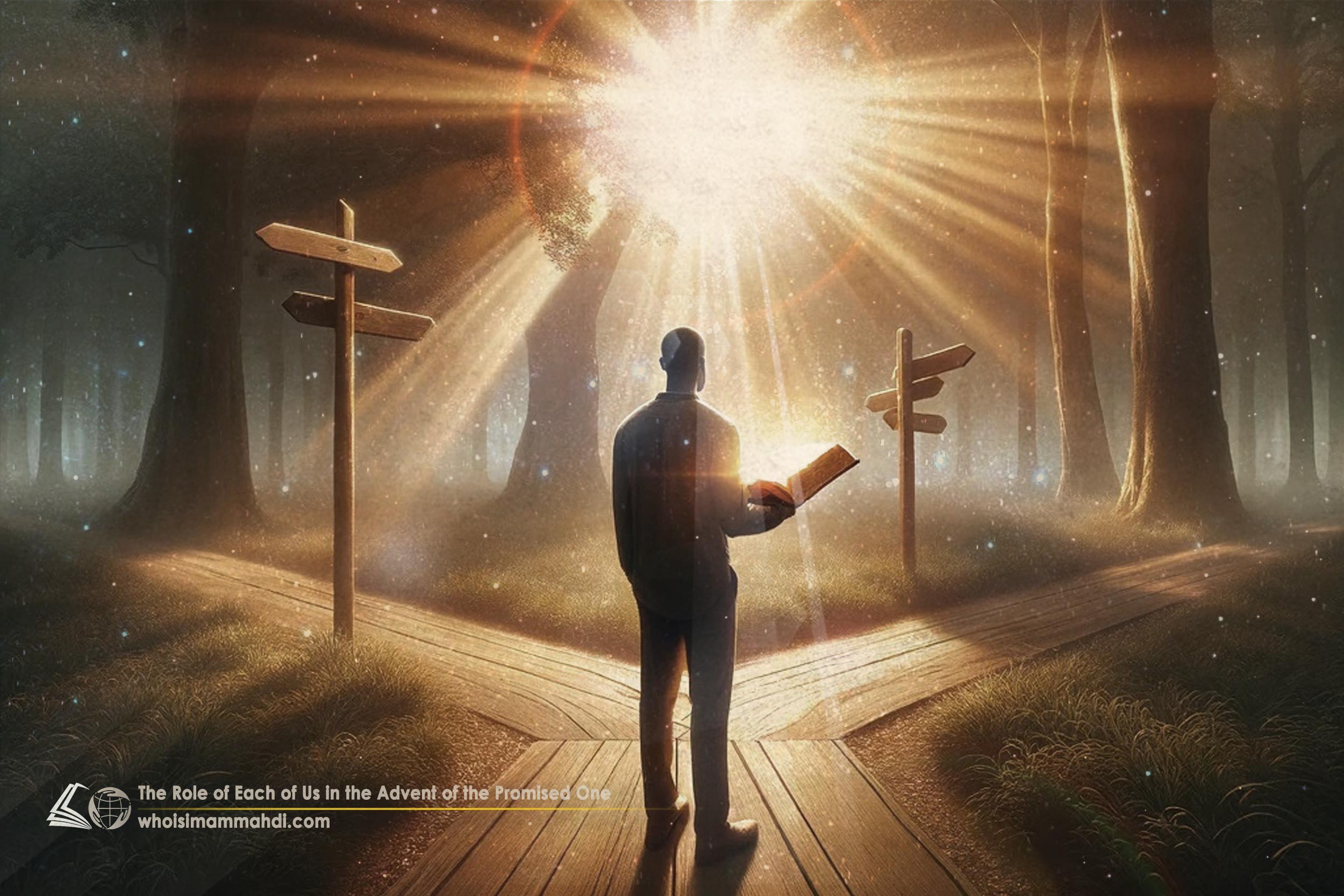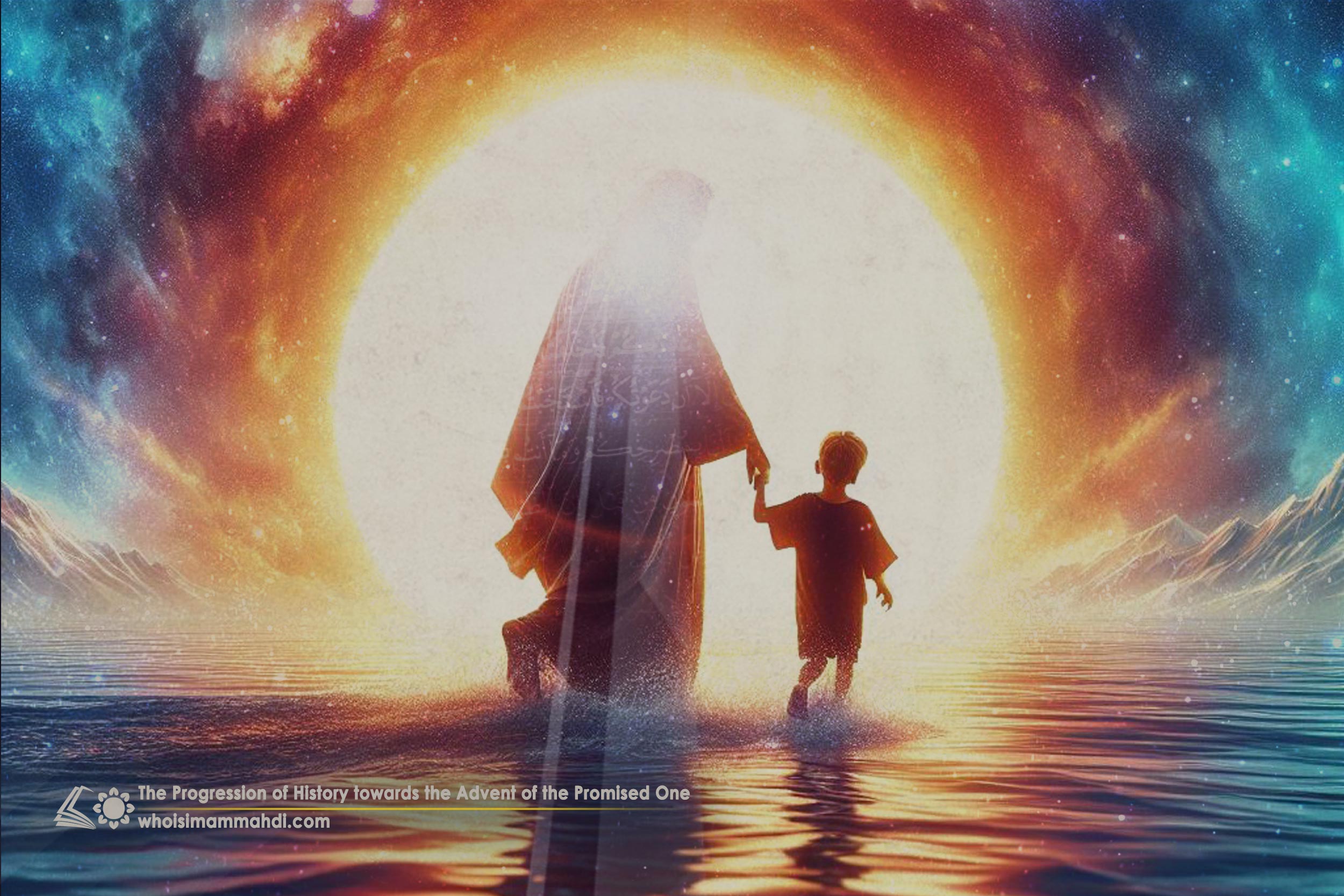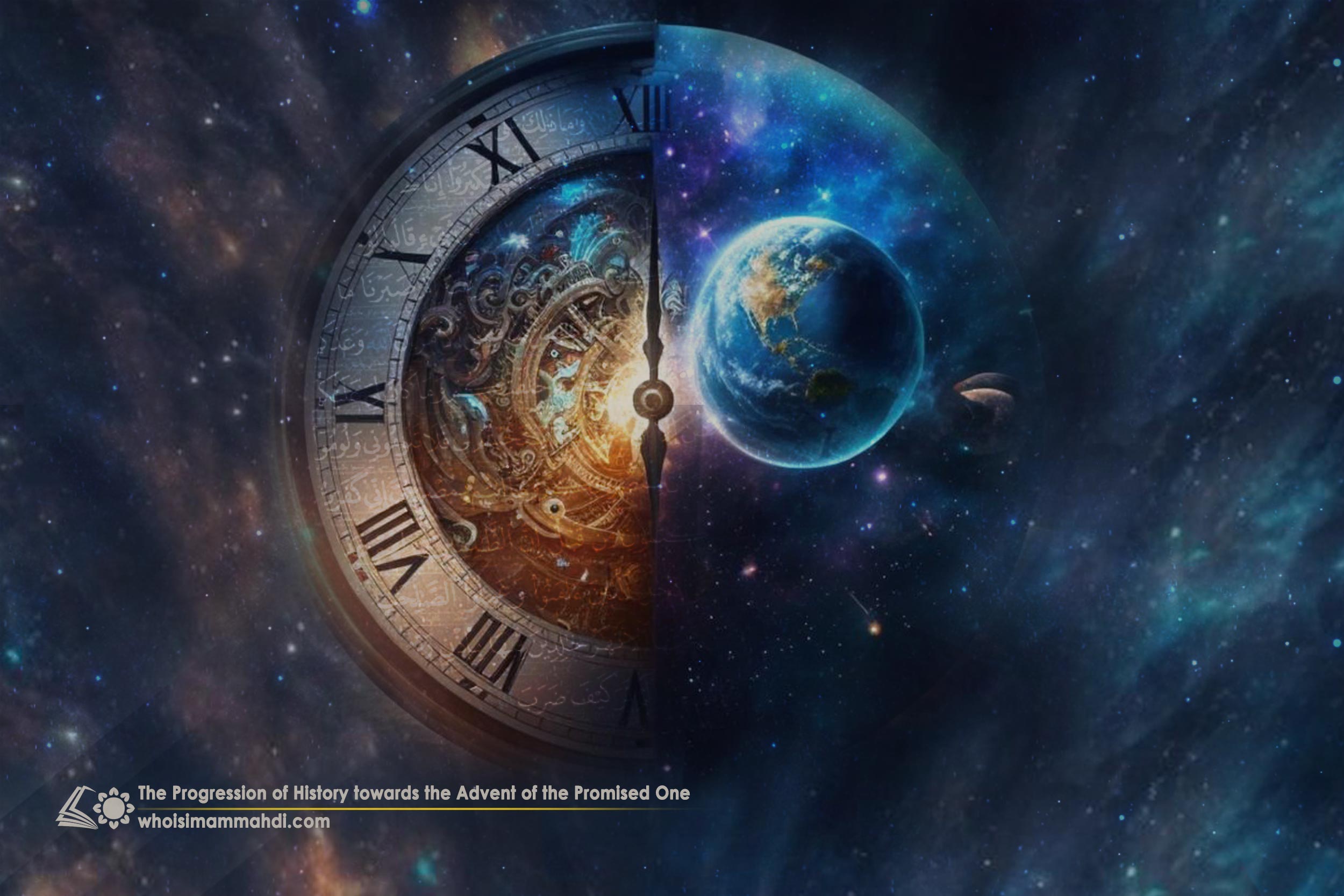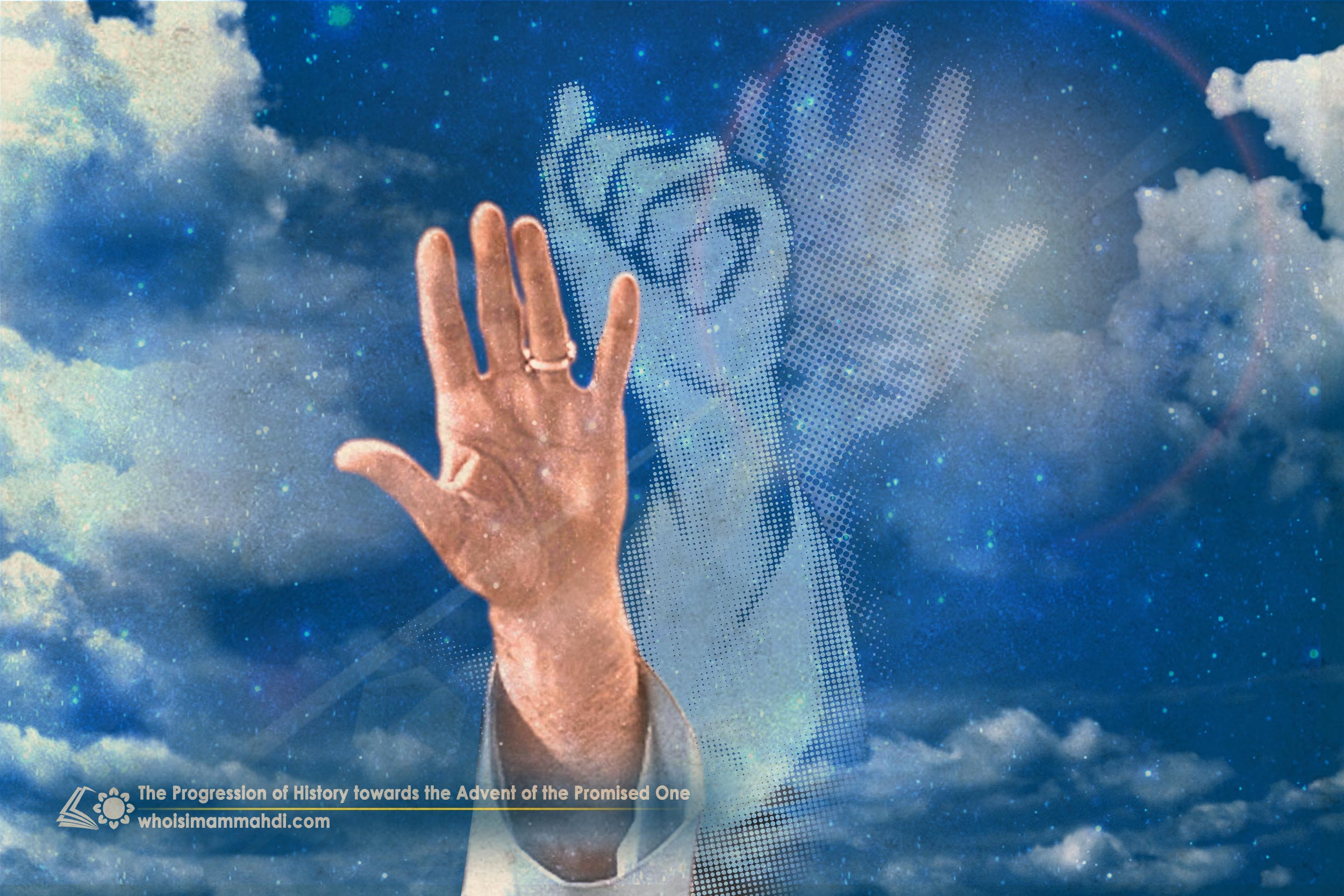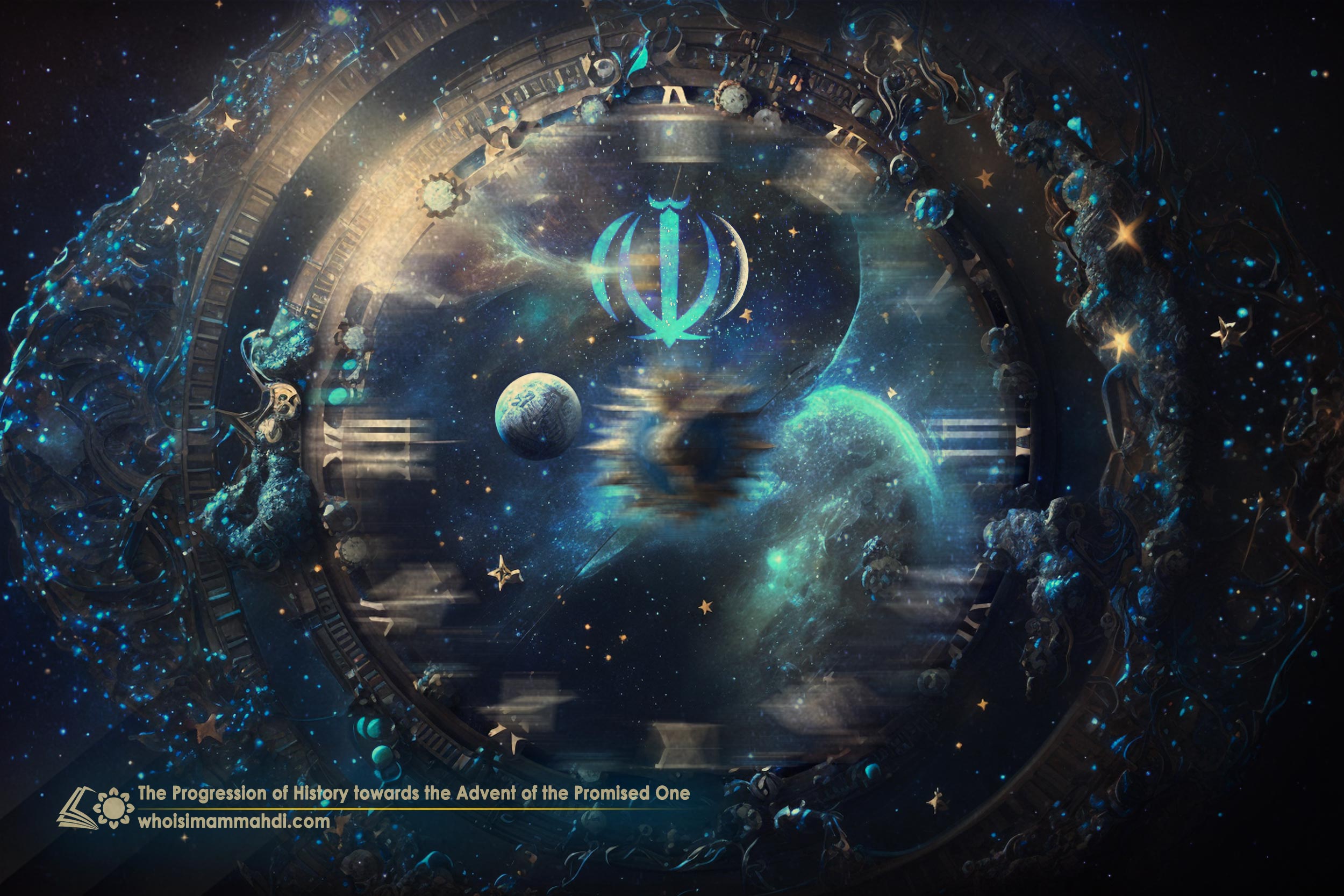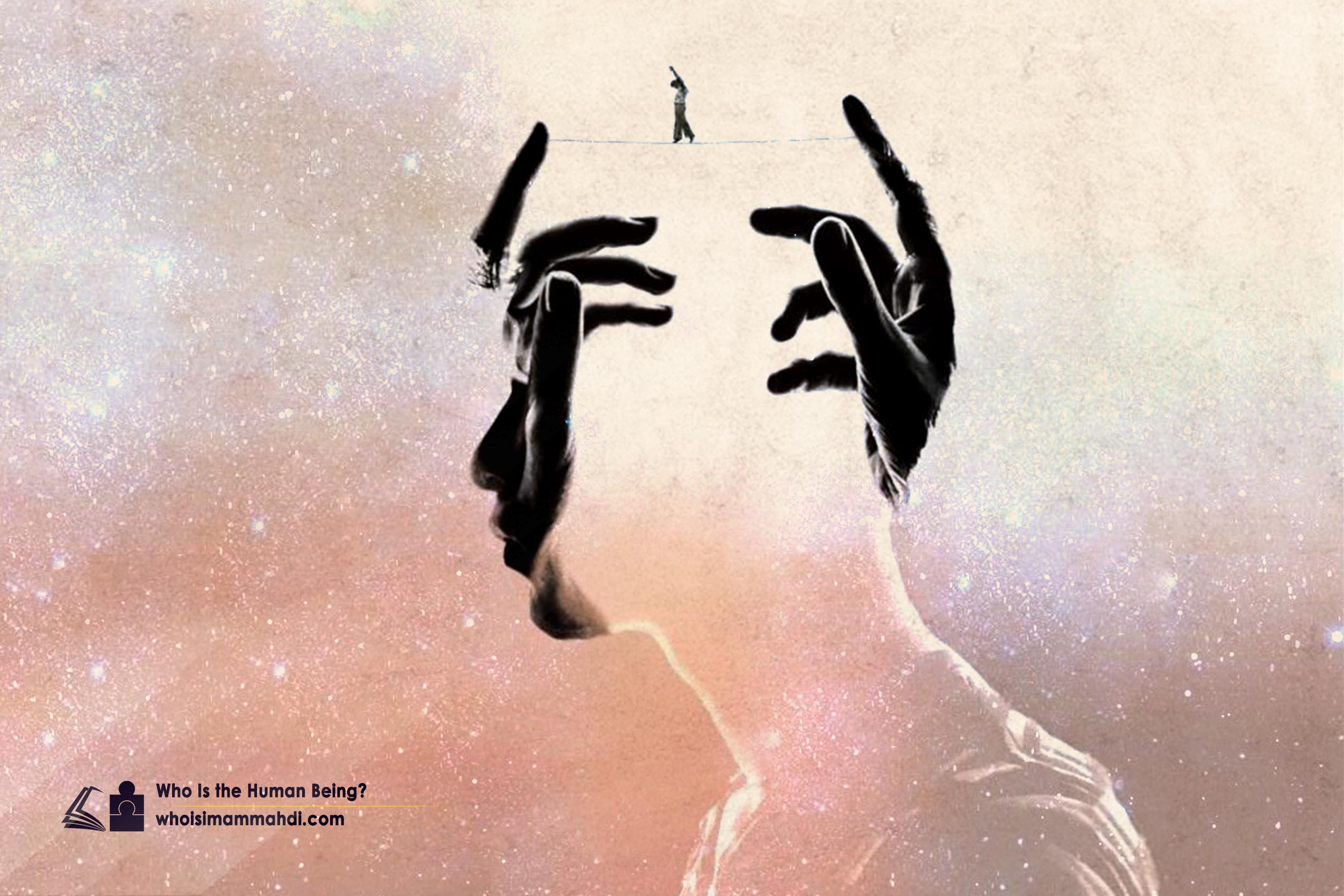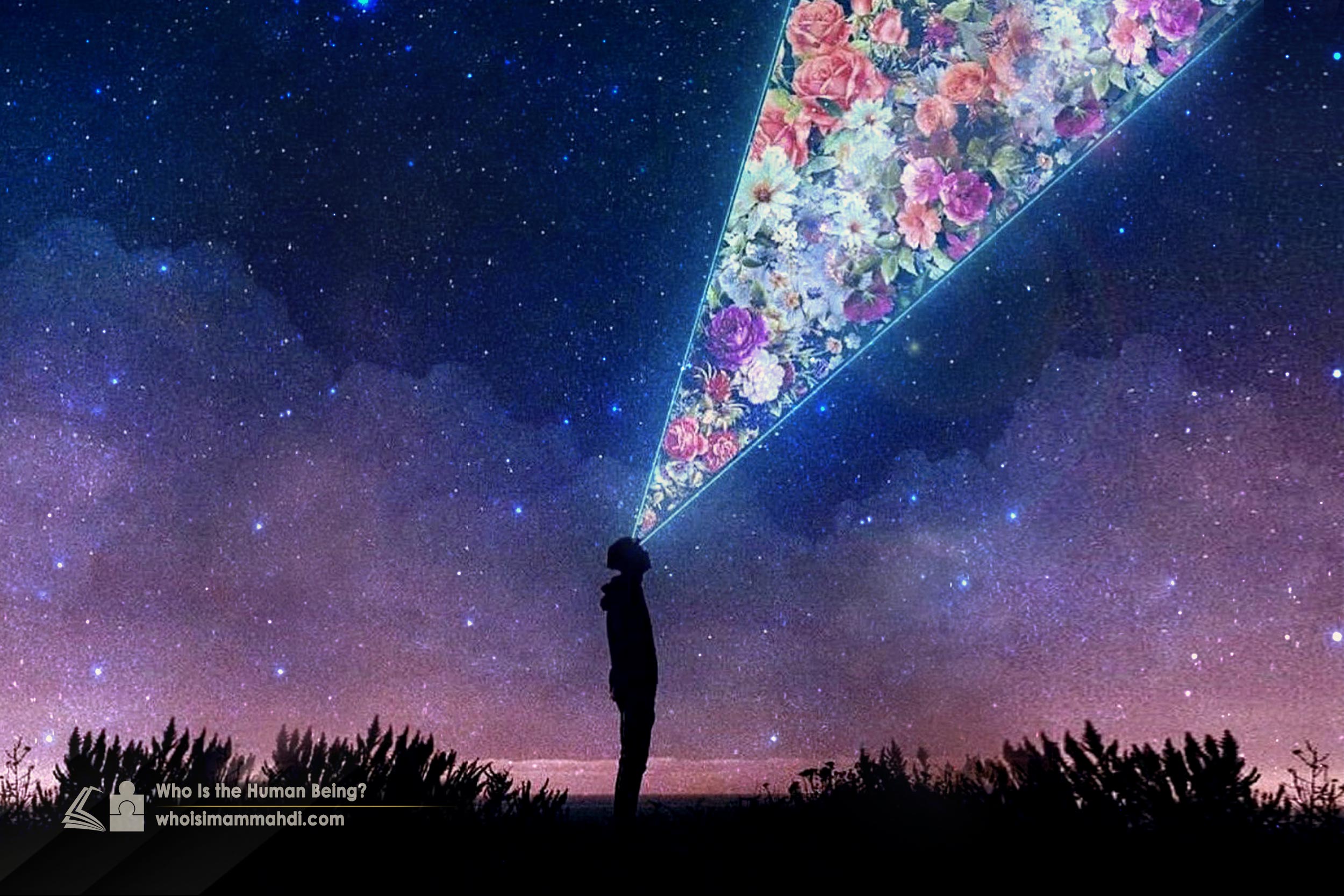Beneficence and Revenge: Does Choosing Beneficence Lead Us to Revenge?
Have you ever found yourself torn between beneficence or revenge? Do these concepts reside on the opposite ends of the spectrum or coexist within our minds? Where does our pursuit of beneficence stem from? How do we perceive revenge, and do we, like society, consider it as a result of the absence of beneficence? If we intend to become similar to Allah, the Most Beneficent and Most Merciful, what role does revenge play in our lives?
Revenge, like many other concepts, has different dimensions. One aspect is the common notion of retaliatory action, fueled by anger and resentment, often deemed an undesirable act. Familiar with this interpretation, we often consider revenge opposite to forgiveness and beneficence. We actively discourage others from seeking revenge, feeling a sense of righteousness and satisfaction in doing so. This stems from the belief that we have made the right choice between beneficence and revenge.
Revenge is not always driven by hatred and anger. Although it often carries a negative connotation in our social norms, sometimes the absence of a spirit of revenge indicates a lack of compassion. In fact, there exists a logical and rational connection between mercy or beneficence and revenge. If beneficence and mercy are cultivated within us, to the extent of this kindness we become sensitive to the bliss of ourselves and others, and inevitably, a spirit of revenge will manifest itself within us. Such revenge has no connection to hatred and violence; it is a holy vengeance. But the way this process takes place, and the kind of revenge we seek as a result of beneficence and mercy is what we will examine in this article.
To understand this process, we first need to have a proper understanding of its starting point, which is beneficence. This is because understanding the relationship between beneficence and revenge is not possible without understanding the place of beneficence in the world of creation and the relationship we have with “beneficence” as an attribute.
Beneficence and Our Need for God’s Vast Mercy
As mentioned earlier, the Most Beneficent (Rahman) is one of God’s attributes. However, with a slight difference from other divine names, this attribute is the equivalent of God’s most essential name, Allah, and serves as the foundation and basis for God’s other names and attributes. Therefore, becoming similar to Allah through the name Rahman is a faster process. This means that the kinder we are, the more we prepare the ground for our similarity to Allah and create more capacity within ourselves to receive His names and attributes. In fact, the name Rahman is so great that it encompasses all stages of creation, and in the Quran, God attributes the creation of everything to Rahman. For example, the most perfect example[1] or the infallible expert is the highest manifestation and revelation of God’s beneficence, and he is God’s vast beneficence.
The vast beneficence of the infallible means that
- He is the source of all blessings and the intermediary of God’s emanations. This means that all beneficence that emanates from God first descends upon him and reaches other creatures through him.
- He is our helper and refuge; therefore, we must choose our lifestyle in such a way that we are exposed to his beneficence.
- He is the planner and manager of our life’s decrees; therefore, we must choose the best decrees through him to reach the best possible destinies and outcomes.
- He is the guarantor of our world and the hereafter and the regulator of our relationship with our inanimate, vegetative, animal, intellective, and supra-rational desires.
- He is the one who actualizes the potentials of our human dimension and leads us to fulfilling the purpose of our creation and becoming Allah’s deputy.
As humans, we are connected to this vast beneficence and the perfect manifestation of God in two ways:
Firstly, he serves as a role model and manifestation of all divine names and attributes for us, and becoming similar to him is the shortest and best path for our growth and becoming similar to God.
Secondly, he is an expert guide that shows us the path to achieving this similarity and reaching the purpose of our creation. He tries to reach us to our true position, which is the status of Allah’s deputy.
As mentioned in other articles, the goal of all prophets and the Infallibles (PBUT) is to establish an Islamic government and create an Islamic society to guide us to the purpose of our creation, which is similarity to Allah. We cannot connect with the Absolute and Infinitely Perfect Being and actualize the potentials of our human dimension, which is infinite in essence, alone because we do not have access to the specialized information we need. In fact, we are created to grow and become similar to Allah. However, since our intellect is limited in acquiring the specialized information we need about the dimensions of human existence, the three stages of human life, and our relationships with other beings, we cannot pursue the path alone, and we need a guide.
Out of His wisdom and beneficence, God created both the book of law and the mentor and role model who implements this book before our creation. Not only has He fully manifested His names and attributes in him, but He has also made him the manifestation of all His beneficence and kindness. The Imam is the vast beneficence and the intermediary of God’s emanations; that is, goodness and the source of goodness are in his hands. And since he is the most perfect example, all of God’s beneficence descends upon him first. In fact, the absence of the Imam means that all human beings are deprived of access to the Vast Beneficence, and this will be a loss for humanity.
Taking Revenge Requires Motivation
We become similar to Allah and His deputy according to the extent of our beneficence, mercy, and compassion. Also, to the extent of our beneficence and mercy, we feel responsible for our own bliss and that of those around us and even the people of the world. Naturally, for someone who is aware of the importance of self-knowledge, the ultimate perfection of the human, and his potential capacities, it is difficult to see human beings who, instead of acquiring divine names and attributes and similarity to Allah and His deputy, have limited themselves to the fleeting and insignificant perfections of the world and have even lowered themselves to the level of animals, plants, or even inanimate objects. This is like the concern of a teacher who is aware of his student’s abilities, intelligence, and talents but sees him neglecting this asset and wasting his talents and abilities.
Humans are the central beings of creation, and their worth lies in similarity to Allah and becoming Allah’s deputy. Through His beneficence and wise planning, God prepared the ground for the presence of a guide and role model, essential for our spiritual growth, even before creating other humans. In fact, the Imam is the vast beneficence, and his absence is the source of all human backwardness, helplessness, violence, and failures. Only a person who is aware of the true dignity and status of humans and is beneficent to himself and other humans would understand this loss, and instead of choosing between beneficence and revenge, he would seek to take revenge for the Imam’s absence.
We are humans, and what distinguishes us from other creatures is having fitrah or the supra-rational dimension. This means that despite our progress and reaching the highest levels of inanimate, vegetative, animal, and even intellective perfections, as long as we do not actualize our human potentials, we will be deprived of the existential perfections that are intended for us. The Imam is the only one who has the ability and expertise to guide us to our human perfection and the goal that has been set for us. But the point is that despite our strong need for him to ensure our bliss in this world and the hereafter, we are deprived of him.
Types of Revenge
So far, we have understood that taking revenge for the absence of the Imam and the removal of the infallible expert does not stem from malevolence, but rather it is the result of our beneficence and mercy. Beneficence and revenge are not at opposite poles, and having a spirit of revenge is the result of beneficence. In fact, beneficence that does not carry with it the spirit of revenge is not true beneficence and has no effect on our lasting happiness and peace.
The best classification of the types of revenge is given in the Ziyarat Ashura. In this Ziyarat, which is the charter of life for the individual who seeks to reach true human life, God refers to two types of revenge: revenge for oneself and revenge for Imam Hussain (PBUH). Of course, this revenge does not mean physical revenge because Imam’s physical revenge was taken by Mukhtar.[2] We are seeking revenge for the greatest calamity that has befallen us, that is, we have been left without an expert and guide. In fact, the absence of the infallible expert is so dangerous for us that the Infallibles were willing to undergo the great calamity and endure suffering, torture, and afflictions so that the society would not suffer the greater calamity of losing the infallible Imam. Therefore, we are not only seeking to take revenge for ourselves, but also for all those who have been prevented from reaching human perfection and their true status due to the dominance of tyrants and the absence of the infallible Imam. That is to say, revenge means killing tyrants and trying to bring back the infallible expert. In such a situation, we do not see ourselves as choosing between beneficence and revenge, but rather we see revenge as the result of having a sense of kindness and beneficence towards the destiny and lives of humans.
The infallible expert is the one who guarantees our bliss in this world and the hereafter. As a result of being deprived of him in this world, we struggle with problems, hardships, and diseases in various dimensions of our existence. Since he is not present among us, now we do not have the Noble Rule of the Righteous that befits our true human dignity and status, and we will face difficulties regarding our eternal life in the complex and vast world of the hereafter.
In fact, the more we know about ourselves and the status that has been designated for us, the more aware we become of our deplorable situation in the absence of the Imam. It is then that we will feel a greater sense of responsibility for our own and others’ destiny and future. That is, we will manifest beneficence and unlock the potential for greater destinies in order to change the fate of humanity and establish the Noble Rule of the Righteous that will bring them true bliss. We will seek revenge for the absence of the infallible Imam because his absence has resulted in humanity remaining at the level of inanimate, vegetative, and animal qualities and failing to reach human maturity. These are the people who, due to the lack of a guide, have lost the opportunity to actualize their human potentials, and they will enter the complex and eternal world of the hereafter with an unhealthy birth, unaware of everything.
This article examined the process by which we move from beneficence to revenge and shows that beneficence and revenge are not opposites, but rather the two sides of the same coin. In fact, we are not faced with a choice between beneficence and revenge, but rather as our beneficence increases and we become more similar to God, the spirit of revenge naturally takes shape in us and we try to bring back the infallible expert. This is because we see that the absence of the infallible expert is the reason for our failure to actualize our human potentials and reach human maturity.
[1]. Mathal A’la
[2]. Mukhtar ibn Abi Ubayd al-Thaqafi (b. 1/622-3 – d. 67/687) the leader of one of the uprisings to take revenge of Imam Hussain’s (PBUH) blood

